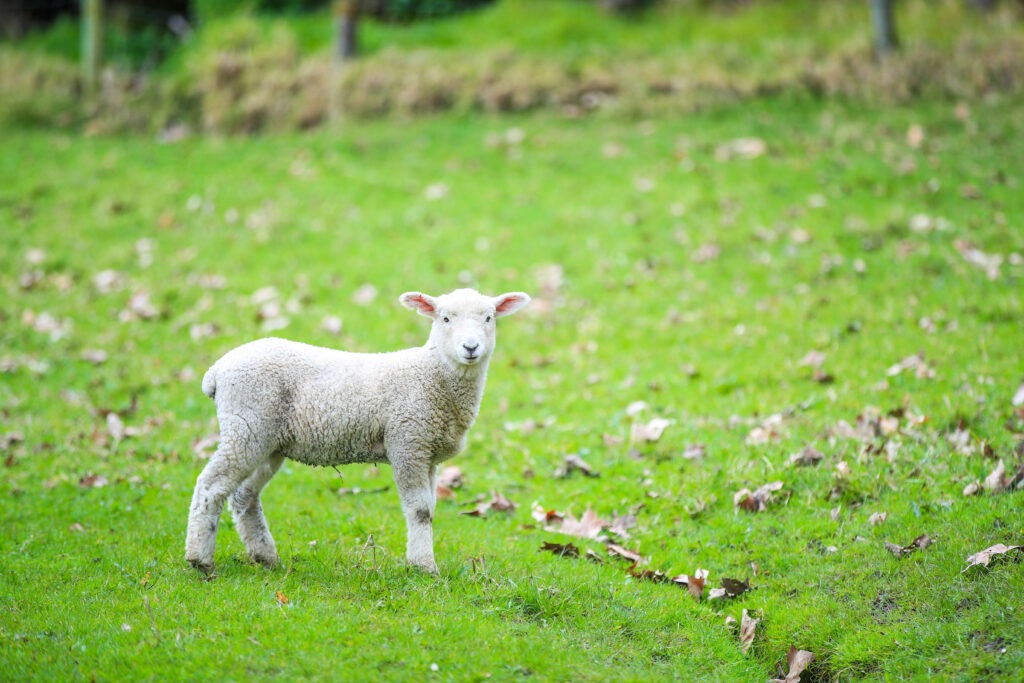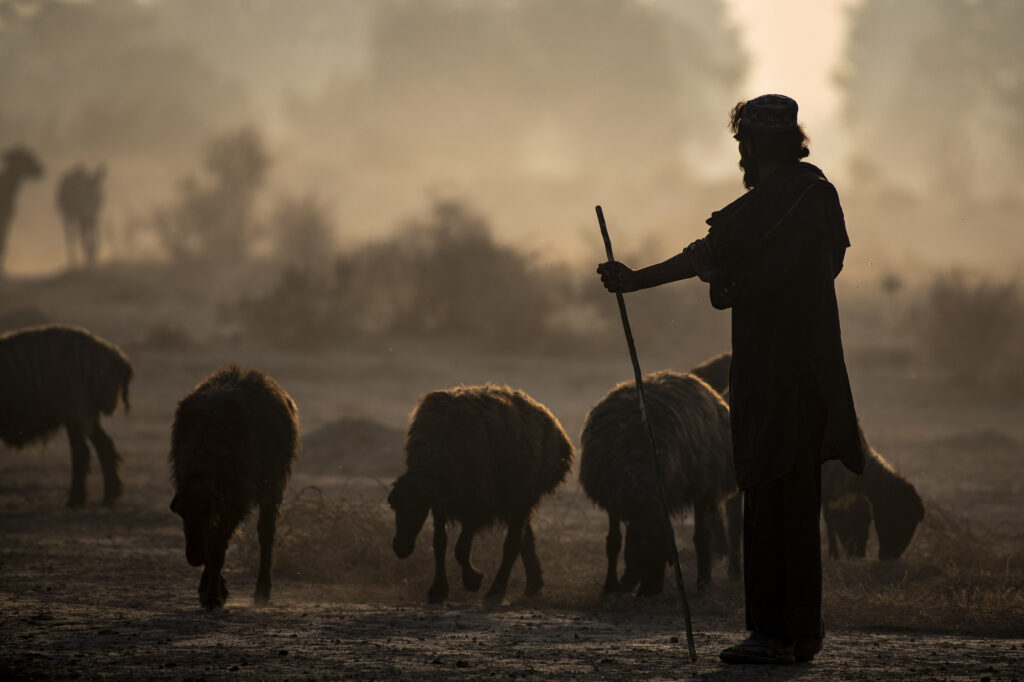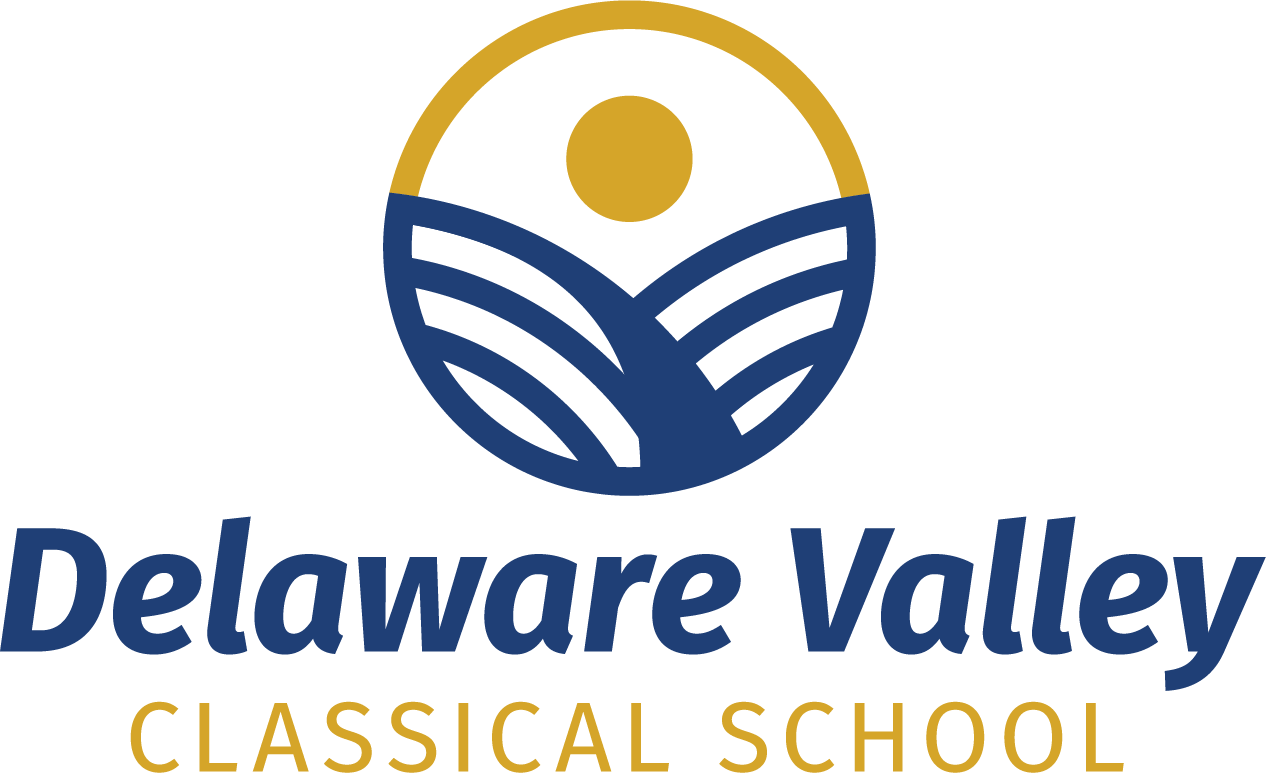(The following is the text of a meditation given on Pastor Appreciation Day, March 25, 2022.)
There is a quote from a book—the title of which I will provide momentarily—that resonates deeply with me and has since I initially read it. The first time I read the quote, however, was in an article entitled “The Good Life” by the theologian Stanley Hauerwas. It led me to the book. Before I move forward, there are some terms to define. Ewe (pr. you) is a female sheep. Ram or tup are males. The quote :
Then I roll over on my back and watch the clouds racing by. Floss lies in the beck cooling off, and Tan nuzzles into my side, because he has never seen me lazing about. He has never seen me stop like this. He has never seen summer before. I breathe in the cool mountain air. And watch a plane chalking a trail across the blue of the sky. The ewes call to the lambs, following them as they climb up the crags. This is my life. I want no other.

The book is The Shepherd’s Life by James Rebanks, an Oxford educated shepherd from the northwest of England, who farms in a valley called Matterdale. It’s a beautiful memoir. My use of this quote, in which Rebanks rests from his labors, is to set “shepherd” and “sheep” as a theme this morning as well as to provide encouragement. The very title, pastor, is derived from the Latin word pastor or pastores, meaning to lead to pasture, to set to grazing, to cause to eat. The book makes clear that shepherding actual sheep is hard. Hauwerwas, I think rightly, says that very few people in our modern day can or do utter that last refrain: “This is my life; I want no other.” We always want more. Yet, Rebanks wants no other life. The resonance between this book and pastoring a church congregation is likely already becoming apparent.
Perhaps the most well known and oft cited passage in all of Scripture concerning shepherding is Psalm 23. “The Lord is my shepherd, I shall not want. He makes me lie down in green pastures; he stills my soul.” You know it. The perspective from which the Psalm is written is from that of the sheep. David is a ram, a tup.
Hear verses 2-5 in a different translation.
In grassy pastures he makes me lie down;
by quiet waters he leads me.
He restores my life.
He leads me in correct paths
for the sake of his name.
Even when I walk in a dark valley, I fear no evil
because you are with me.
Your rod and your staff, they comfort me.
Why does David find such things noteworthy? Consider that left to his own devices, David, the man after God’s own heart, is prone to wander down wrong paths, by raging waters, into dark valleys, toward fields where there is no food for grazing and thus no life. In other words, left to his own devices, David is almost entirely helpless and will die. So it is with all sheep. Most sheep do not [instantly] know that the rod and staff are employed for its good. Or that shearing of its wool is also beneficial to improve the sheep’s ability to control its body temperature during extreme heat and cold conditions, not merely to sell. Consider the “rod and staff” in the context of your own ministry.
Rebanks, the English shepherd and author, illuminates his life as he relates to and cares for his sheep. There is agony for the shepherd. The winter is often hardest:
He sees me before I see him, a young bull-necked raven. Scared of nothing, with a belly full of the dead. Our casualties are not often pretty, because life and death often isn’t. Winter is attritional on the flock. Two old ewes, too old for this winter, bellies bloated and eyes stolen, lie in the yard.….Ravens live on our failures! … One of the ewes laying dead meant a lot to me. She was the best I had. She was like the matriarch of the flock.
….
Snow. Shepherds fear and loathe deep snow and drifting winds. Snow kills. It buries sheep. It buries the grass and makes the sheep even more dependent on us for survival. So, we suffer everyone else’s excitement. Snowballs. Snowmen. Sledging. We fear.
The contrast of darkness and light painted by Rebanks is vivid. The raven, a most visible sign of death on this earth if there is one, didn’t kill the sheep. Maybe it was a ravenous wolf. Or the snow. However, the raven does mark the death and underscores a simple fact: that sheep without a shepherd are, often, led to slaughter, or astray, or towards unwise and unprofitable ends. And so it is too, that your flock is in need of you, pastor.

Jesus is the perfect shepherd, who also knows what it is to be a sheep.
He was oppressed, and he was afflicted,
yet he opened not his mouth;
like a lamb that is led to the slaughter,
and like a sheep that before its shearers is silent,
so he opened not his mouth.
Is. 53:7
Recall also that David, the sheep of Psalm 23, who was called to be the king of Israel, also knows what it is like to be a shepherd.
Yahweh had said to you [David], ‘You shall be the shepherd of my people Israel, and you will be the leader over Israel.’” 2 Sam 5:2
And in the verses marking the transition of from Moses to Joshua as leader of Israel, God makes a great promise:
“Let Yahweh, the God of the spirits of all flesh, appoint a man over the community who will go out before them and will come in before them, and who will lead them out and bring them in, so the community of Yahweh will not be like a flock that does not have a shepherd.”
Num. 27:17
There are patterns laid out before you. In Scripture and in the very fabric of the universe. And so it is, pastor, that Jesus is the great Shepherd and the Lamb, but also, that as a type of Christ, you mirror Jesus to your flocks on earth. Your role of shepherd was foreknown and ordained by God for good purposes. In other words, you are the shepherd to your congregations and have been set aside for this task since the foundations of the world. God is not aimless. You’ve been set aside that they might not be a flock without a shepherd.
Pastor, you have a flock of sheep and I am one. As a sheep, I know that my sight, both literal and spiritual, is limited. My intellect is dulled; my desires are often disproportionate; my actions unwise; my emotions and feelings at best deceitful and misleading. My spiritual discipline and self-control are too often lacking. Despite Scriptural admonition that sin lies in wait at the door, at times I am the one who opens the door to let it in. (Gen 4:7). I need to be reminded of the reality of the spiritual realm (See Eph 6:12) lest I mistake all that I can sense as the totality of reality. In other words, I need an earthly shepherd. I need a pastor. I need not only the rod and staff of Jesus, but the rod and staff of my earthly shepherd.
All who sit in your pews on Sunday morning suffer such afflictions, to varying degrees. This includes your youngest congregants, some of whom are our students.
The early mornings, late nights, exhaustion, distance from your own families, the loss of ewes you were particularly fond of—not unlike that of Rebanks the farmer—are part of the gig. Maybe you suffer everyone else’s excitement because you know something the sheep don’t. But the Good Shepherd, Jesus, says he lays his life down for you pastor (and me), and in so doing blesses those he has called to do the same. John 10:11. Your people need Christ-like shepherds, who embrace that they too are sheep.
Sheep and shepherd. Imperfect imitators/types of your Lord Jesus. You are engaged in a spiritual work of significant consequence. Continue to fight the good fight. For Jesus’ glory. For the souls of your flock, for their minds, and for their bodies; that they might continue to graze on green grass and walk along peaceful streams. Continue to heed the words of Jesus from Matthew 18:6 to protect the little ones (both believing children and the spiritually immature) from the ravens.
For the Lamb at the center of the throne
will be their shepherd;
‘he will lead them to springs of living water.’
‘And God will wipe away every tear from their eyes.’
Rev. 7:17
The pattern is set before you. Carry on, pastor, for the Good Shepherd longs to hear you say, “This is my life, I want no other!” And so I thank you for shepherding those within our DVCS community: staff, parents, students, for partnering well with us, and for being faithful in that call!



